In a report contributed to by the UK Defence Journal’s George Allison, the Scottish Affairs Committee warns that risks to military shipbuilding work in Scotland include widening international procurement and the uncertainty of the long-term order pipeline.
The future prosperity of Scottish military shipbuilding is at risk through the lack of a clear drumbeat of orders exacerbated by opening procurement up for international competition, the Scottish Affairs Committee warns today as it publishes its report, Defence in Scotland: Military shipbuilding.
The report states that “Scottish military shipbuilding is a major success story”, with the expertise and skills present at Scottish shipyards helping to secure contracts to build Type 26 anti-submarine warfare frigates and Type 31 frigates.
However, the Committee is concerned that “there is no longer a clear commitment to warships being designed and built in the UK, following recent indications the Ministry of Defence will allow ‘offshoring’ of military shipbuilding”.
The report adds that “while there has been positive policy moves in recent years, such as the National Shipbuilding Strategy offering a long-term look for Scottish shipbuilders, and the establishment of a National Shipbuilding Office in Edinburgh, more recent developments present uncertainty for the sector. The Defence and Security Industrial Strategy and National Shipbuilding Strategy Refresh appear to represent a marked shift from Royal Navy warships being designed and built in the UK, leaving the door open to international competition”.
A consistent theme heard by the Committee was that to continue to thrive, the sector must have a regular drumbeat of orders. This could be at risk if cancellations and offshoring of production lead to ‘gaps’ in the workstream for naval shipyards.
This would have negative social and economic impacts for areas reliant on the shipbuilding sector and its supply chains.
“The procurement of Fleet Solid Support ships was opened to international bidders, with the successful team being a consortium of companies including Spanish state-owned Navantia. It is expected that the successful consortium, Team Resolute, would offer fewer jobs in the UK, and less investment in infrastructure, apprenticeships and training at Scottish yards than if Team UK, comprising BAE Systems and Babcock, had been successful.
Opening up procurement to international competition is against the backdrop of uncertainty over the domestic pipeline of procurement extending to the 2030s and 2040s, such as the basis on which the Type 45 destroyers will be replaced. The UK Government must therefore offer greater clarity about the work expected in the coming decades to allow Scottish shipbuilders to strategically invest.”
It is not just the large shipyards that are affected by uncertainty in the pipeline, say the committee.
“Small and medium-sized enterprises (SMEs) offer a crucial role in many supply chains for the sector. The Committee has previously reported to the UK Government that MOD spend for Scottish SMEs is well below the national average, and again calls on ministers to update the Committee on what proportion of its spend is with Scottish SMEs and to level the playing field with defence SMEs throughout the UK.”
A central tenet of the success of Scottish military shipbuilding is “the knowledge and expertise”. Warships are built to withstand combat and incorporate a number of specialised systems to support military operations, and much of the UK’s knowledge in these areas is based in Scotland.
However, the report advises that a more holistic view is needed to address any future skills gaps.
“The creation of the UK Shipbuilding Skills Taskforce is a welcome development, but given Scotland’s importance to UK shipbuilding and the devolved nature of skills policy in Scotland, the Taskforce must look at how it can encourage cooperation between the UK and Scottish Governments.”
Scottish Affairs Committee Chair, Pete Wishart MP, said:
“Military shipbuilding is a major Scottish success story. From Rosyth to Glasgow, we have military shipbuilding hubs that boost local economies and invest in skills and training. The recent announcement that Type 26 frigates will be built by BAE Systems in Glasgow is a major vote of confidence in the Scottish shipbuilding sector. However, UK Government policy on military shipbuilding ebbs and flows. On the one hand, ministers are championing the skill and expertise the military shipbuilding sector thrives on in Scotland. But on the other, its policies have opened up the ‘offshoring’ of warship production to other countries.
The Government cannot have this both ways: a thriving shipbuilding sector is dependent on the drumbeat of orders. We have the skills and expertise here, in Scotland, to support our future military shipbuilding needs so it is unclear what benefit is to be had by opening up procurement to international competition. We hope the UK Government carefully considers our findings and recommendations, and in turn offer some certainty to the military shipbuilding sector in Scotland that its prominence in designing and building warships is here to stay.”
The report can be accessed here: https://publications.


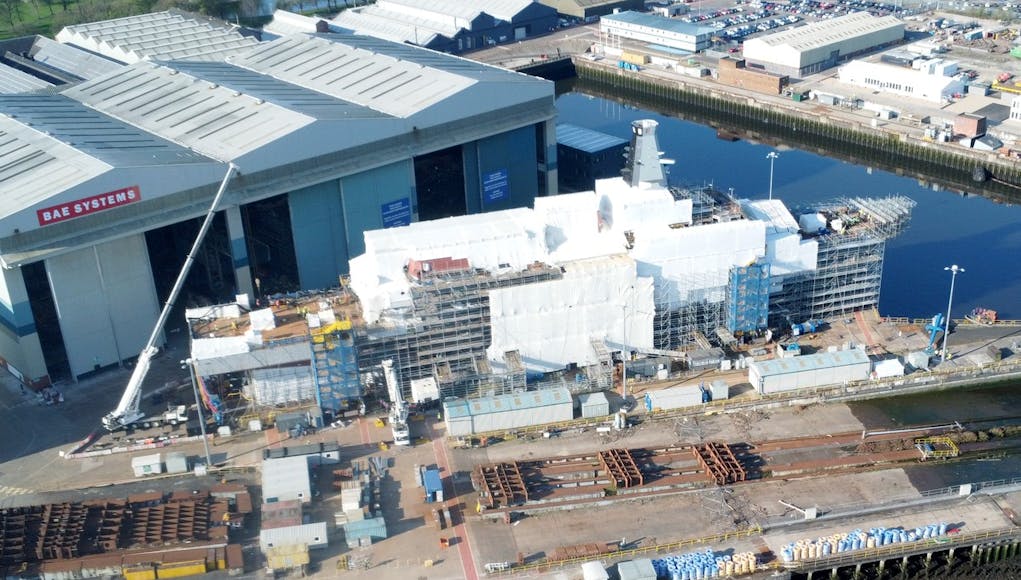
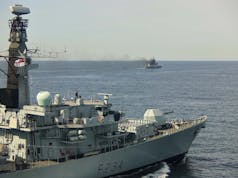
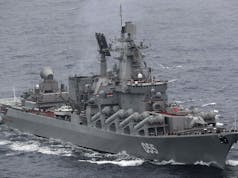
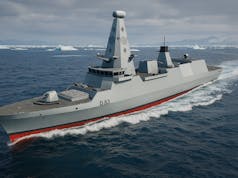

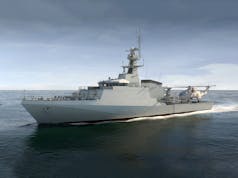

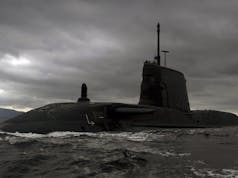
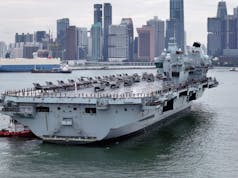
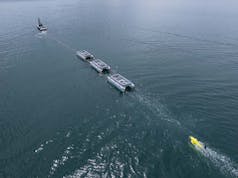
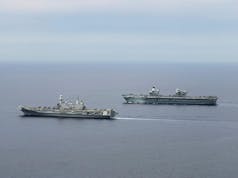

Not a word about the ramifications of Scotland being independent and how that would decimate Scottish shipbuilding…Woeful!
I make over $13k every month w0rking parttime. I paid attention to various people letting me know how a reasonable plan of money they might make on the web, so still up in the air to situate out. Indeed, it transformed into all real and it totally changed my life. Everyone should attempt this occupation presently simply by
utilizing this site… https://ProfitsGuru7.blogspot.com
Thanks for more widely summarising the report Tom, although I have a couple of questions: They raise the concern that the latest iterations of the NSBS and other strategy documents are making room for offshoring of warship design and construction- I wasn’t aware that was going to be the case. Or is that more of a reference to the inclusion of Navantia in the FSSS competition?
I’m all for UK content, but the Scottish yards are full, and the English/NI yards aren’t set up for proper modern large scale shipbuilding (not a discussion on how that came to be, just an observation). BAES and Babcock may do a good job at the Scottish yards etc. but Navantia is in another league when it comes to the delivery of both military and commercial vessels efficiently. They’re best fit for gettig H&W up to scratch for this and future orders, so I think the report is complaining about what is actually a good thing.
I would be very surprised and furious if the new strategies are advocating further offshoring of warship design and construction- once H&W is up to scratch then I don’t see a need to develop a fourth major yard to the same capacity. We just don’t build enough vessels for that.
Can’t disagree with that. H&W could be the assembly yard for a finished product in Naval bases. With fabrication being done if necessary across the UK. No yard in the UK has got the sheer scale of H&W in cranes. Graving docks.storage space and next to major port facilities.. The UK shipyards are an asset and that includes the Pallian in Sunderland. We need them up running contributing to a ship building pipeline. Maintaining skill sets and experience in this sector.